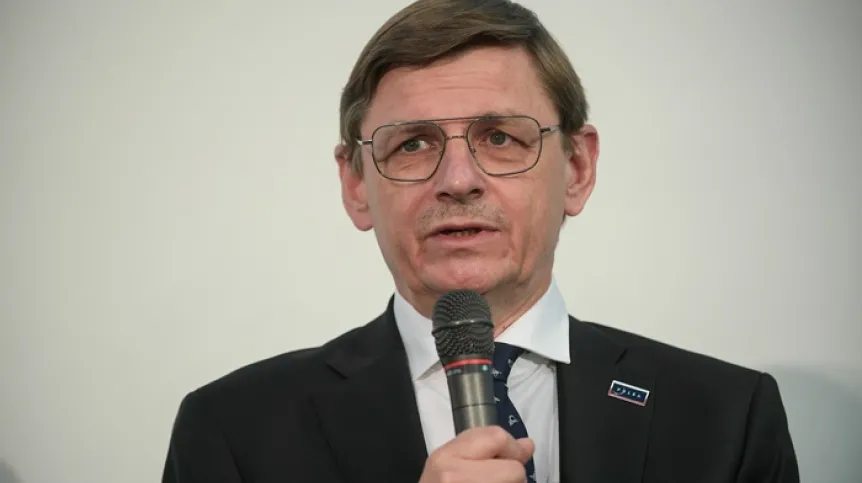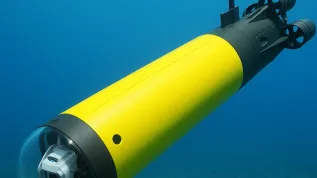
Poland is looking to host a European Space Agency (ESA) centre to strengthen its position in the European and global space industry, former Polish Space Agency (POLSA) head Professor Grzegorz Wrochna has confirmed.
Prime Minister Donald Tusk announced on July 24 that Poland was in talks with the ESA to establish the facility, following a meeting with astronaut Sławosz Uznański-Wiśniewski.
Finance and Economy Minister Andrzej Domański has discussed the project with ESA Director General Josef Aschbacher. POLSA president Marta Wachowicz said the centre would focus on dual-use technologies, systems with both civilian and military applications.
“The European Space Agency’s headquarters is located in Paris, but there are also centres near Munich and in Cologne, where our astronaut trained, a large centre in the Netherlands, and smaller ones in the UK and Austria,” Wrochna told the Polish Press Agency. “It would be truly worthwhile for Poland to have such a centre. It would be yet another step in building our position in the European and global space industry — after increasing our contribution to ESA three years ago and sending an astronaut on a mission to the International Space Station.”
The location of the proposed centre has not been determined. “It would definitely have to be located in a large centre with good academic facilities and international connectivity, including an airport,” Wrochna said.
He added that the centre would develop technologies critical to security. “The term ‘dual-use technologies’ is no longer relevant today. We live in a time of hybrid warfare, which also includes IT attacks, electromagnetic attacks, disinformation, and propaganda attacks. On top of that, there are also occasional attacks on infrastructure and border incidents. At the same time, we are facing climate change and increasingly frequent extreme weather phenomena, including floods and large-scale forest fires,” he said.
In these cases, Wrochna said, securing essential infrastructure requires Earth observation, broadband communications, encrypted networks, positioning and time services, and orbital monitoring. “We need to know what is happening in orbit, whether our satellites are in danger of collision, whether anyone is spying, and who is observing us and when. Therefore, we need to monitor satellites and launch them into orbit. We need appropriate technologies for these purposes as well,” Wrochna continued.
He also said Poland is already participating in ESA programmes such as Civil Security from Space, but hosting a centre would give the country a leading role. “If such a centre were established in Poland, our country would play a dominant role,” Wrochna said. “As a result, contracts for these projects, for example, for specific satellites, ground equipment, and software, would go primarily to our companies and research institutions. This means that Polish companies and institutions would have access to the entire technology, all its details. They would be able to develop satellites specifically for our country, and we would have complete control over them.”
He also highlighted the importance of developing skilled personnel, saying: “The benefit would be twofold. On the one hand, the ESA centre will need specialists, and on the other hand, the companies that will receive contracts for the centre’s programmes will need them.”
The centre would be funded jointly by ESA member states, but Poland’s contribution remains unclear. “It depends on specific programmes, and the range of possibilities is very wide. However, remember that in Poland, we spend only 0.03% of our national income on space technologies. Meanwhile, we will soon allocate 5% to defence. Observing the rapidly growing role of satellite technologies in modern defence, I believe their share in total state defence spending should grow just as rapidly,” Wrochna said.
He added that space investments “pay off in monetary terms but also in the security of the state and its citizens, and the country’s resilience to various crises.”
“It is about our security,” he concluded. “We cannot afford to buy everything abroad, because we will never be independent. We must master the necessary technologies and develop our own production. The only choice is whether we develop these technologies ourselves, almost from scratch, or within the European Space Agency.”
Marek Matacz (PAP)
mat/ agt/ ktl/













